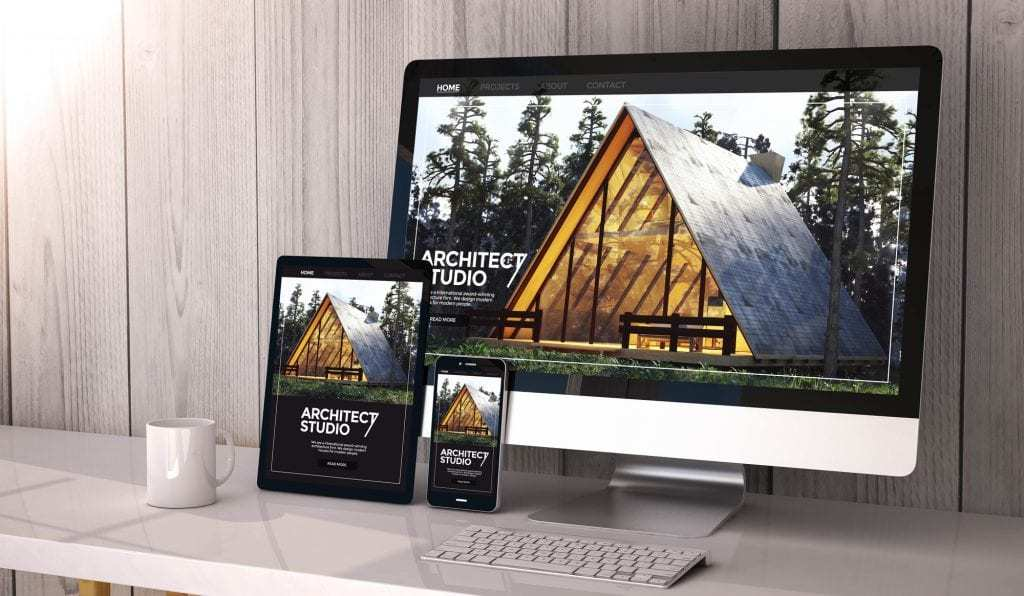The digital landscape presents us with a variety of devices and screen sizes, creating an overwhelming user experience. Meanwhile, mobile traffic has seen sustained growth in recent years, and 2024 will be no exception. eMarketer predicts that over 60% of web traffic will come from mobile devices, underscoring the importance of user experience (UX) on both mobile devices and computers.

According to a Google study, a poor mobile site experience reduces the likelihood of a user returning by 61%. According to the same report, loading speed and intuitive navigation are the critical elements that influence the browsing experience on these devices.
Hence the importance of implementing responsive web design. Beyond following trends, this approach seeks to ensure a seamless user experience on any device. Today’s users are looking for consistency and quality in their digital experience, regardless of the platform they use to access the web.
In this sense, the flexibility of responsive design ensures that a website’s content adapts perfectly to any screen, from smartphones to desktop computers, providing a consistent experience that builds user trust.
Implementing responsive web design not only benefits the user experience, but also has tangible benefits for SEO. Google, the search engine giant, favors websites that provide a consistent and accessible experience across all devices.
Other benefits of responsive web design include
1. Greater reach: By adapting to different devices, the site can reach a wider audience, increasing accessibility and engagement.
2. Better conversion rate: Good design makes users more likely to take desired actions, such as filling out forms or making purchases.
3. Easier maintenance: Changes to content or design are applied consistently to all versions of the site.
4. Adaptability to future technologies: The site remains effective as technologies evolve and new devices emerge.
What do content designers do?
Designers are fundamental professionals in the creation of digital experiences. These professionals not only transform information into compelling narratives, but also create engaging multimedia elements that ensure meaningful and efficient digital interactions.
The work of content designers goes beyond aesthetics: they build identity. They work closely with SEO experts to balance creativity and optimization to ensure content visibility. In addition, their integration with graphic designers, web developers, and marketing strategists ensures cohesive digital experiences.
These designers are masters of adaptability. From integrating innovative multimedia content to experimenting with interactive formats, they are at the forefront of digital creativity. Their agility means they stay on top of the latest trends and adjust strategies based on feedback and data analysis, continually optimizing the impact of their narratives in an ever-changing digital environment.
Content designers are versatile artisans of digital experiences, blending creativity, strategy, and technology to shape effective and memorable messages in the vast digital landscape. Design knows no bounds, and finding one that matches your company’s personality is much easier with Clazzy Studio.


